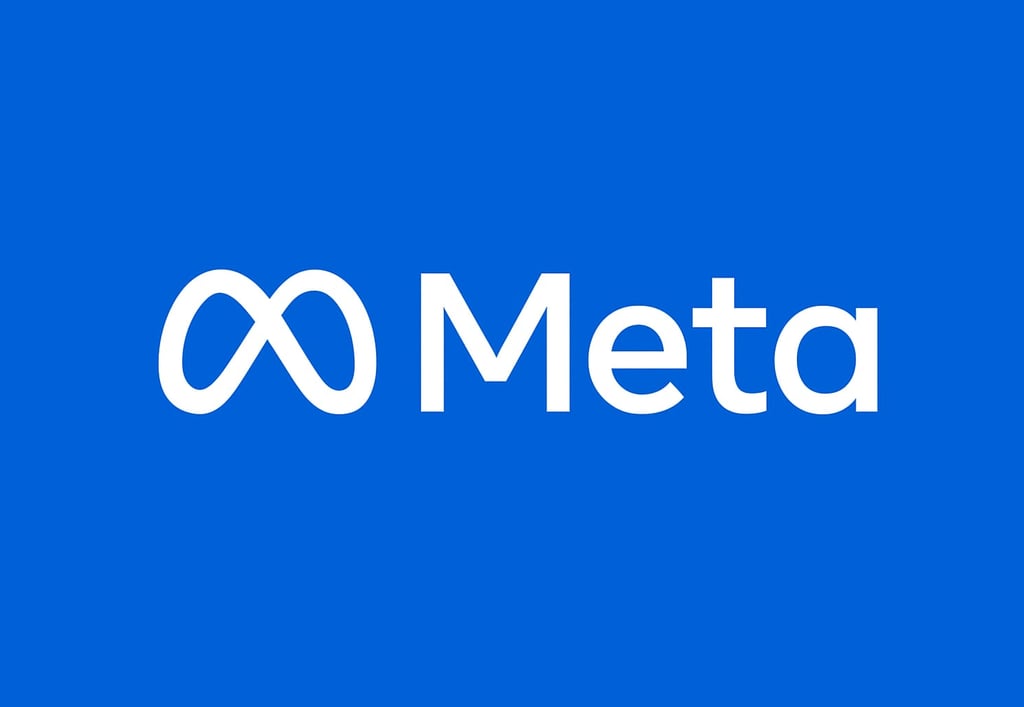Meta Wins Major Legal Battle: FTC Antitrust Case Over Instagram and WhatsApp Dismissed
Meta secures a major legal victory as the U.S. court dismisses FTC’s antitrust case over Instagram and WhatsApp, reshaping tech industry regulations.
Raja Awais Ali
11/18/20251 min read


Meta Scores Major Legal Victory: FTC Antitrust Case Over Instagram and WhatsApp Dismissed
On 18 November 2025, a U.S. federal judge dismissed the antitrust lawsuit filed by the Federal Trade Commission (FTC) against Meta. The judge stated that the FTC failed to prove that Meta holds a dominant monopoly that would justify separating Instagram and WhatsApp.
The FTC claimed that Meta used a “buy-or-bury” strategy when acquiring Instagram in 2012 and WhatsApp in 2014 to eliminate potential competitors. They argued that these acquisitions allowed Meta to gain a monopoly in the social networking market. Meta’s lawyers countered, stating that its competition is not limited to Instagram and WhatsApp but includes TikTok, YouTube, X, and other platforms, meaning the market competition is broader and more complex than the FTC assumed.
The judge highlighted that the FTC did not sufficiently demonstrate that Meta currently maintains an illegal monopoly. The court noted that the FTC’s narrow market definition excluded major competitors such as TikTok and YouTube. The judge wrote that while Meta may have been dominant in the past, the agency must prove current monopoly power—and the FTC failed to do so.
Meta’s Chief Legal Officer emphasized that the FTC’s market model was unrealistic. Meta argued that its acquisitions actually helped develop Instagram and WhatsApp, benefiting both users and businesses while fostering competition in the broader digital ecosystem.
This ruling is a significant setback for the FTC and signals challenges for future antitrust actions against large tech companies. It also underscores that competition in the tech industry is highly complex and dynamic, where declaring a platform a monopoly requires careful consideration of the broader market and user behavior.
Summary:
Meta achieved a major legal victory as the court dismissed the FTC’s case.
The FTC failed to prove Meta holds an illegal monopoly.
Meta maintains that its acquisitions fostered innovation and competition.
This ruling could have profound implications for antitrust laws and future regulatory actions against big tech companies.
Stay informed with the latest national and international news.
© 2025. All rights reserved.